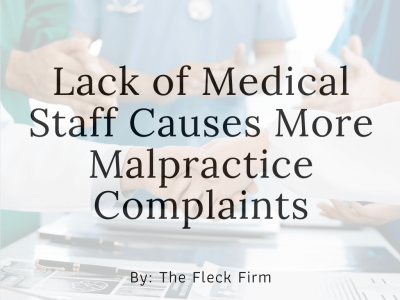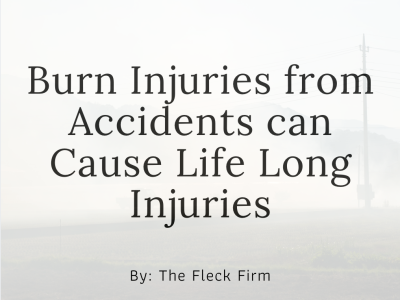Hospitals in Kentucky and nationwide face an ongoing battle to fill open nursing positions. Older nurses are retiring, and there aren’t enough newly licensed nurses to go around. Many experienced nurses leave hospitals or nursing entirely because they’re burned out by increasing hours, stress, and angry patients.
This is coming when a greater share of the American public is older when health issues are more likely to occur. Some hospitals cannot admit more patients while their rooms are empty because they don’t have enough staff.
Is There a Shortage of Healthcare Workers in Kentucky?
Kentucky hospitals had a 15% workforce vacancy rate in 2022, according to the Courier Journal and a 26.7% turnover rate in all of its positions. That means more than a quarter of its staff left in 2022, and they filled less than half of those vacant openings. Of the 12,790 reported vacancies, 4,752 were registered nursing positions.
Other attorneys take contingent fees of 33% to 50% of your settlement.
We want you to keep more of your money.
Our contingent fee is only 30% on cases settled prior to filing suit.
How Does a Staff Shortage Impact Patient Care?
With fewer people working in hospitals, staff are responsible for more patients, fueling soaring burnout rates that increase the chances of medical errors and potential harm to patients, according to US News. Emergency departments and intensive care units can’t move patients out to hospital rooms due to short staffing, creating traffic jams and limiting hospitals’ ability to treat new ones.
The New York Times in 2021 quoted Patricia Pittman, director of the Health Workforce Research Center at George Washington University, as saying, “When hospitals are understaffed, people die.”
When fewer people do more time-sensitive work like healthcare, quality suffers, according to Patient Safety, a software company whose product analyzes data on healthcare quality. They report that studies in professional journals state:
- Higher staffing levels reduced mortality, skin ulcers, medication errors, infections, restraint use, and pneumonia
- The fewer professional nursing staff on a hospital unit, the greater the number of wound infections and medication errors
- There are statistical links between lower nurse staffing levels and higher rates of patient falls and mortality
- Higher nursing staff levels result in better compliance with medications and lower incidents of missed nursing care such as mouth care, turning patients, bathing, skin care, helping patients with toileting, feeding and setting up meals
- Lower nursing levels and inadequate staffing cause longer hospital stays, higher patient dissatisfaction, poor quality nurse-delivered care, and hospital readmissions
Not just patients are impacted. Low nurse staffing levels cause situations that cause more staff to leave so that it can be a downward spiral. An increase of one patient per nurse per shift causes an 8% increase in the odds a nurse will feel dissatisfied with their job and a 1.05 times increase in a nurse’s feeling they want to quit their job.
If I’m Injured in a Short-Staffed Hospital, Do I Have a Medical Malpractice Case?
Medical malpractice cases can be complex, and whether you have grounds for one depends on the facts of your situation. If a hospital is negligent in not having enough nurses or other staff to safely care for you during your stay and you’re injured, you might have a case.
That injury could be an infection or a worsening of your condition caused by hospital staff who weren’t giving you enough time or proper attention. If hospital staff work so many days and hours, they’re physically and emotionally exhausted and can’t properly care for patients.
Your hospital may cut its capacity so its reduced staff can provide sufficient care to fewer patients, but that may not be enough to prevent you from suffering an injury while you’re under their care.
Contact Us Today
The Fleck Firm is here to help you. If the negligence of another party has injured you, whether that’s a hospital, property owner, or vehicle driver, contact The Fleck Firm today.








